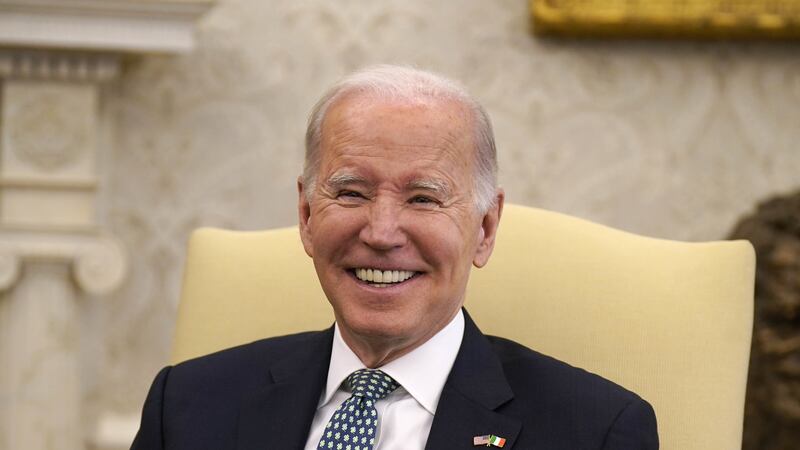Before I started university in 2008, my A-level business studies teacher imparted words of wisdom I’ll never forget. He warned us not to be "lured into laziness" in the four months’ break that would follow end of year exams. Reflecting on his own misgivings, Mr McAlister explained how he wasted his summer months as a student. He told us to be on the lookout for international summer programmes, to attend job fairs and seek out careers events if we were serious about making something of ourselves.
As a straight ‘A’ student, keen to impress, but also wanting to experience a world outside of Northern Ireland, I made a point of following his advice. Over-excited at the prospect of securing free accommodation and international travel, I applied for every summer internship I could find.
I made it to America several times, working a variety of weird and not-so-wonderful summer jobs. These included coordinating a kids' summer camp near New Jersey, door to door sales in Colorado, managing student trainees in California and business administration in Nashville, Tennessee.
In 2016 I was able to return to the States, this time on a much more prestigious internship with the Washington Ireland Program for service and leadership. As a congressional intern for Senator John McCain I shadowed him through the corridors of power at Capitol Hill, watching him lobby, legislate and lead.
During an official engagement between interns and leaders of the American finance sector, a native Irish man who was a managing director at Goldman Sachs was asked how or why he had moved to America many years ago.
"Optimism," he told us; for him, "Ireland was a depressing place". The 1980s brought a decade of recession, unemployment and emigration to the south while conflict, deprivation and division raged in the north. Staying was no longer an option; Ireland had nothing to offer. He needed a contextual setting where his hopes and aspirations would be realised or, at the very least, met with the prospect of peace and the opportunity of meaningful employment.
Fast forward to the present day and Ireland is a much changed place. There is no recession, north or south, nor is war still raging on our streets. Employment prospects are at an all-time high as multi-national corporations flock to both Dublin and Belfast in pursuit of a low-cost, highly skilled workforce. We have a low cost of living and Ireland is ranked as one of the happiest places to live in the world.
Globally, our peace agreement has been the envy of many conflicted societies, while our ability to secure direct foreign investment has pivoted on our unique history of reconciliation, stability and hope for a prosperous future.
The USA has played a key role both in securing and sustaining peace. Without the mediation of Senator George Mitchell and the diplomacy of President Clinton, who knows if the Good Friday Agreement could have been reached. In the years that followed, the deployment of economic resources and strategic investment from the USA enabled the Northern Ireland economy to flourish.
With such a rich, historic relationship, it was no surprise that many people were excited by President Joe Biden's visit. However, not everyone was overjoyed. Tony Blair reminded the US delegation to focus on "influence rather than pressure" or risk losing the unionist/loyalist community. At the same time, the terror threat level has been raised to 'severe' and there were dissident republican threats against the Biden visit.
As summer fast approaches, I wonder, how optimistic our young people may be feeling. Are they hopeful for a life in Northern Ireland? Or are they casting their eyes towards an international internship, keen to settle in a distant place where there is lasting peace and meaningful employment?
We all know that peace costs money and given that President Biden presides over the most powerful and influential economy in the world, his visit is not to be scoffed at. Neither is his commitment to invest in our economy so long as the Good Friday Agreement is protected.
If Northern Ireland is to succeed, our economy needs investment as much as our people need peace; there is a delicate balance to be struck. Peace may come at a price but it is only affordable if all parties are able to make sacrifices. As we reflect on President Biden’s visit, I’m keen to see if the American optimism and influence he brought is able to inspire our power-sharing institutions back into action.








